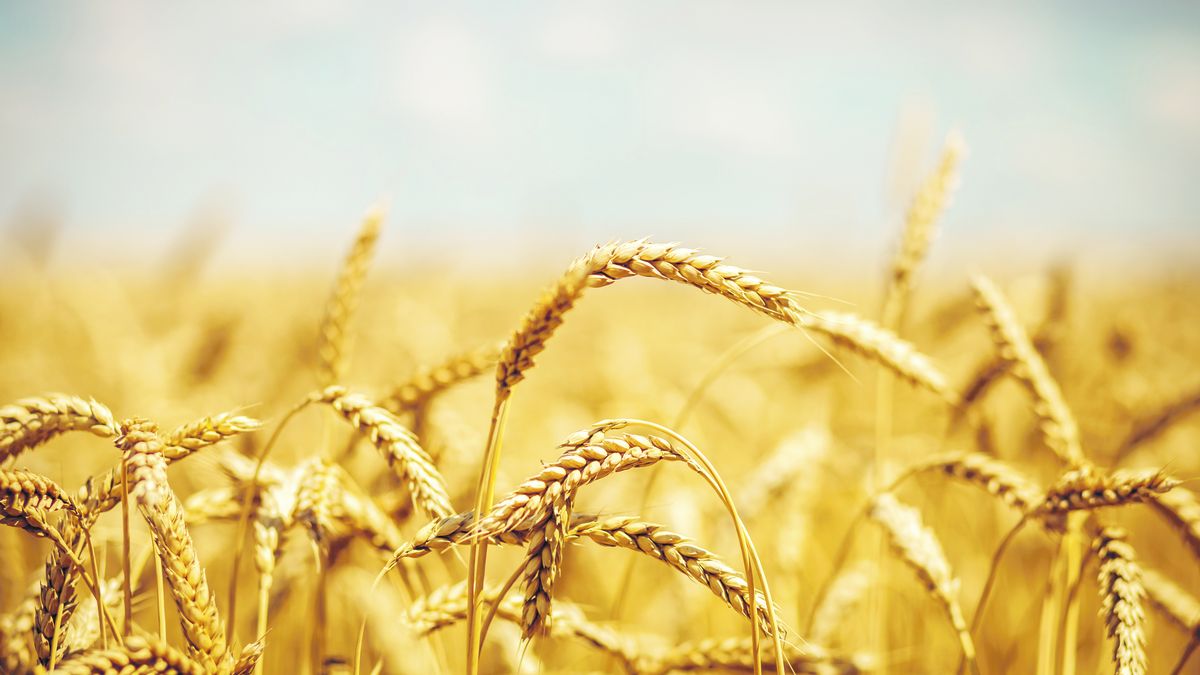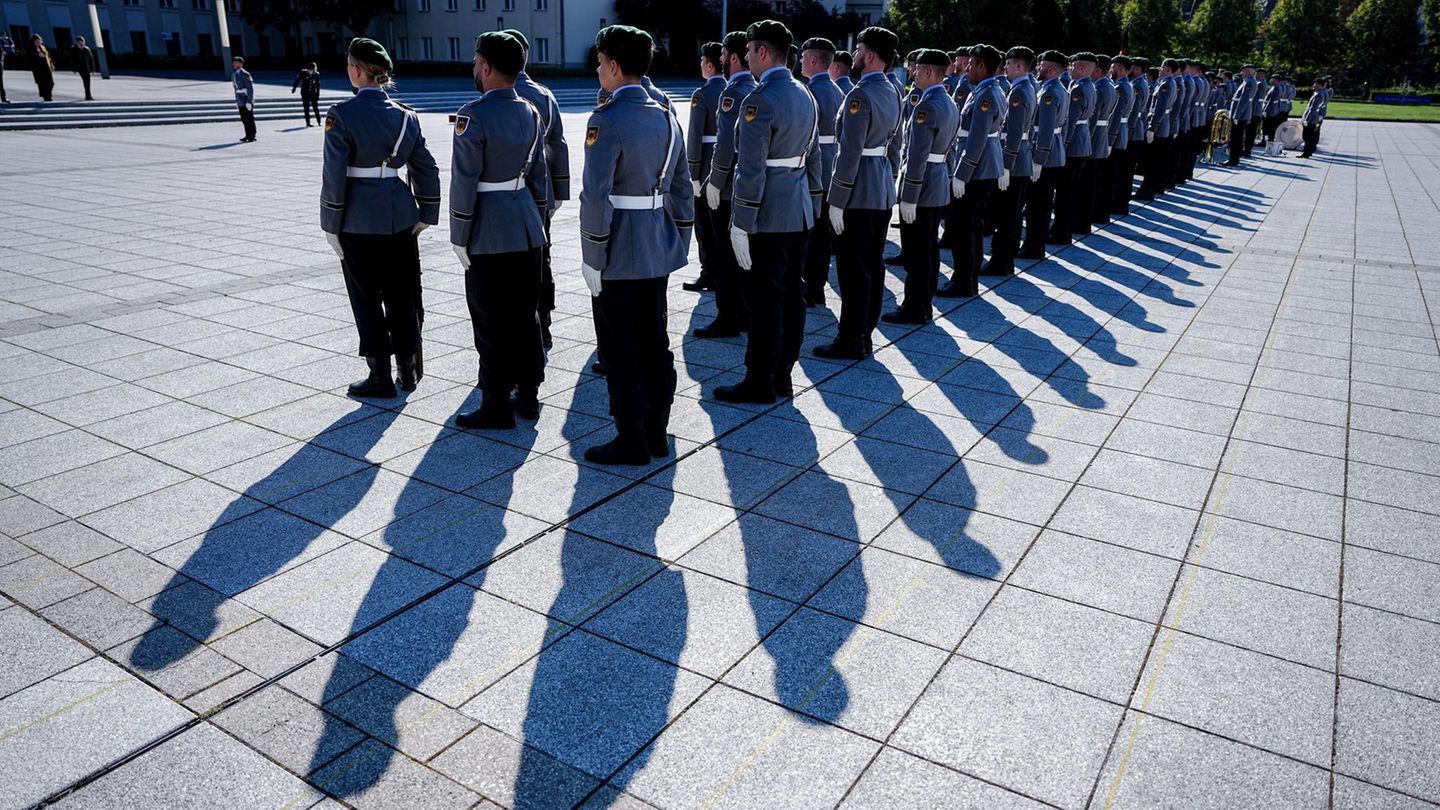The government confirmed it would still allow exports already issued and to countries requesting supplies “to meet their food security needs.”
India’s embargo, triggered by a heat wave that has reduced crop prospects and sent domestic prices soaring, marks a 180-degree turn in policy. Authorities said they would allow existing export sales covered by letters of credit and government-to-government agreements to meet food security needs.
While many traders and analysts expected exports to slow down at some point as the effects of the heat wave have worsened, the sudden announcement adds to the pressure on the market for one of the world’s most widely consumed grains.
“It’s a very tight market and wheat stocks are running low, especially in exporting countries,” said Carlos Mera, head of agricultural commodity research at Rabobank. “Wheat is a sensitive and politicized market, there are concerns about food security in many countries.”
India’s export ban comes at a time when harsh weather conditions, including drought in parts of the US and France, threaten the production potential of other major exporting countries.
With Ukraine facing a prolonged export disruption and Russia’s ability to export clouded by Western financial sanctions, despite favorable prospects for its crops, there may be no short-term relief for wheat importers. .
“We are in uncharted territory, it is a perfect storm,” said a European grain trader. “The fight against social unrest is one of the priorities of all governments.”
Source: Ambito
David William is a talented author who has made a name for himself in the world of writing. He is a professional author who writes on a wide range of topics, from general interest to opinion news. David is currently working as a writer at 24 hours worlds where he brings his unique perspective and in-depth research to his articles, making them both informative and engaging.




